Since it was first identified in late 2019, COVID-19 has ravaged countries around the world. The number of lives taken globally now exceeds more than 550,000 and the number of infections is already above 12 million, of which 60 percent are in emerging and developing economies.
The rising number of infections in emerging and developing economies represents a third global wave of COVID-19 outbreaks, following an initial wave in China and neighboring countries that largely subsided and a second wave in advanced economies that was mostly under control until the recent surge in the United States.
In addition to its incalculable health and human toll, the pandemic has already left an indelible mark on the global economy. Despite the overwhelming fiscal and monetary policy support, this year the pandemic is expected to trigger the deepest global recession since World War II, with global GDP contracting by 5.2 percent, as reported in our latest Global Economic Prospects report. The pandemic is also projected to lead the most synchronized global downturn on record, with per capita incomes shrinking in the largest fraction of countries since 1870.
Advanced economies are forecast to contract 7 percent. Their weakness will adversely affect emerging market and developing economies, which are projected to contract by 2.5 percent. This would represent the first recession by this group of economies in at least 60 years.
For emerging market and developing economies, the pandemic constitutes a perfect storm as their vulnerabilities are magnified by multiple shocks.
For emerging market and developing economies, the pandemic constitutes a perfect storm as their vulnerabilities are magnified by multiple shocks: In addition to the extraordinary burden on their weak health care systems, many of these economies have to cope with plunging export revenues, including from tourism; a substantial decline in demand for commodities; and a sharp fall in remittances.
While large-scale accommodative measures by central banks of major economies have been successful in stabilizing global financial markets, the poorest developing economies still face tight financial conditions amid mounting debt.
The pandemic will also lead to a sharp increase in poverty, erasing persistent reductions made over an extended period. Depending on the depth of the global recession, COVID-19 is expected to increase the worldwide number of extreme poor (who live on less than $1.90 a day) by about 70 million to 100 million this year. The poverty impact will be largest in South Asia and sub-Saharan Africa: The record declines in per capita incomes are projected to push a combined 58 million to 81 million people into extreme poverty in these regions. The adverse impact of COVID-19 on poverty and inequality could eventually lead to increased social instability.
Deep recessions triggered by the pandemic are likely to leave lasting scars through multiple channels, including lower investment, erosion of the human capital of the unemployed, and a retreat from global trade and supply linkages. Because of their preexisting weaknesses, fading demographic dividends, and structural bottlenecks, emerging and developing economies could face even greater negative impacts on long-term growth prospects.
Against the backdrop of this grim outlook, policymakers need to employ measures that will reduce the short-term pain while promoting long-term growth prospects.
First, they need to address the immediate health crisis and economic distress. This means that they need to be bold, timely, and comprehensive in their responses to overcome the health crisis and mitigate the short-term economic damage.
Second, policymakers need to make sure they do no harm. This means they need to be particularly careful during the economic recovery stage, when policy support is being unwound. To preempt missteps during the recovery, measures taken now need to improve transparency in all areas to instill confidence (reaching from human health to balance sheet health of corporates and sovereigns), accelerate debt resolution and bankruptcy proceedings to allow corporate sectors to emerge promptly from the recession, and establish robust policy frameworks to assure investors of a return to fiscal sustainability.
Third, when the crisis abates, policymakers need to put in place measures to build back better. In many countries, key reforms to rekindle potential growth were overdue even before the pandemic struck. Improving business climates and governance, as well as investing in human and physical capital and sound policy frameworks, should be high on the policy agenda. It will be more important than ever to undertake these reforms to promote sustainable and equitable growth.
Finally, the pandemic underscores the crucial value of global coordination and cooperation in public health as well as in economic policy. Many fiscally constrained emerging and developing economies, especially the poorest ones, will benefit from the coordinated support of the international community. The policy response of the international community needs to be compatible with the magnitude of the damage the pandemic has exacted on these economies. If not, the cost of delayed policy interventions will be much larger, as has often happened in previous economic crises.
The COVID-19 pandemic is a health crisis of a magnitude with no parallel in modern times. It has already turned into a massive economic crisis. History is watching how policymakers are addressing the unprecedented challenges brought by the pandemic. Their response will determine how the history of this calamity is written.
The Brookings Institution is committed to quality, independence, and impact.
We are supported by a diverse array of funders. In line with our values and policies, each Brookings publication represents the sole views of its author(s).

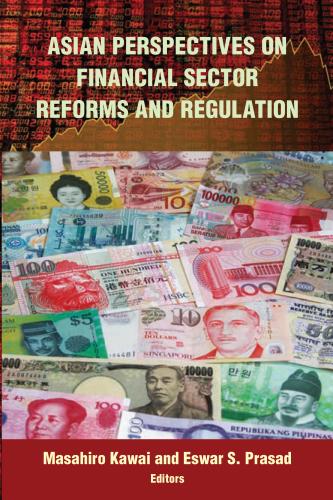
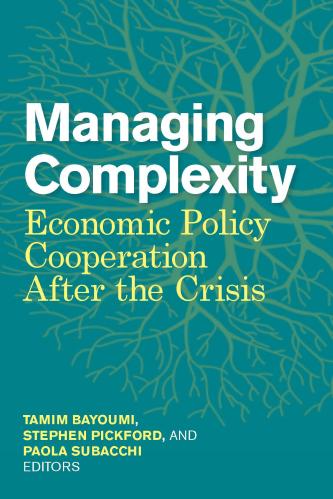
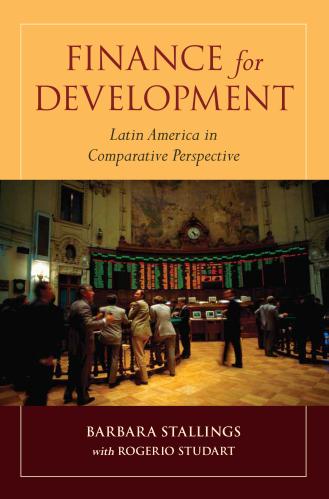
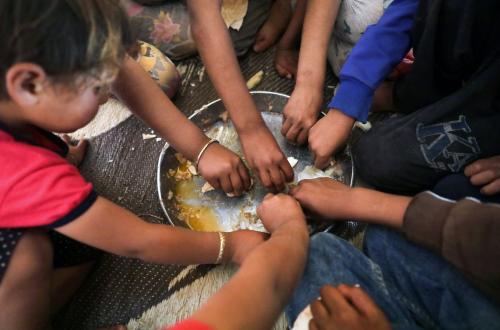
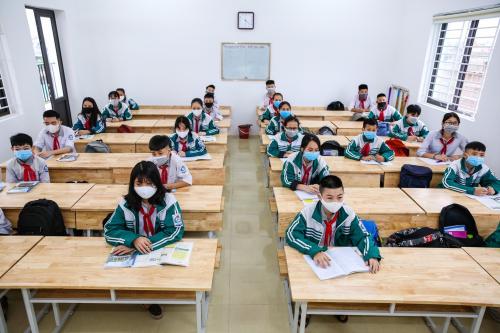
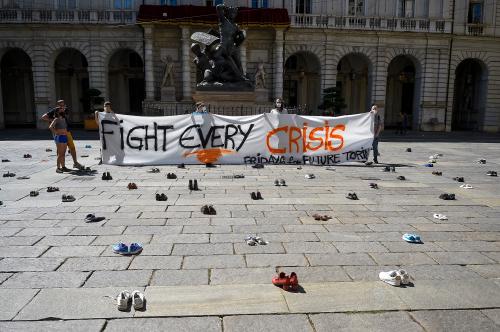





Commentary
Unprecedented damage by COVID-19 requires an unprecedented policy response
July 10, 2020